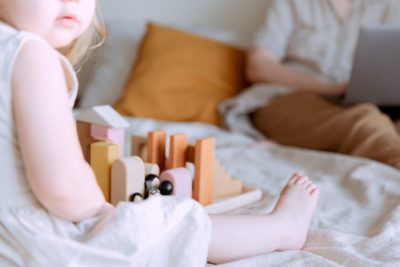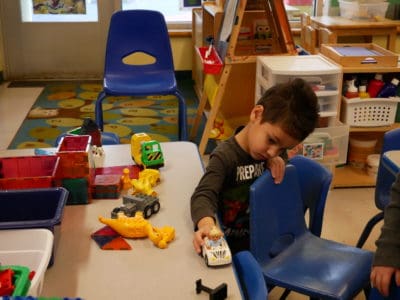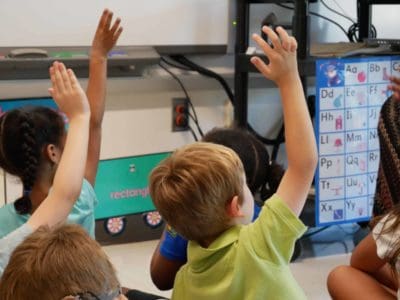

In early September, the North Carolina General Assembly met for a few days. The intent was to pass legislation to address community and family needs related to COVID-19. The legislation, House Bill 1105, was passed quickly with little public input.
Buried in HB 1105 is a section that puts more than 613,000 elementary school children at risk throughout North Carolina. The text of Section 110-98.5 pertaining to care for school-age children during this pandemic begins with, “Notwithstanding any provision of law or rule to the contrary,” which is a red flag signaling text that will circumvent current law.
The provision authorizes community-based organizations to care for school-age children in a remote learning facility — defined as “a building or space used to house school-age children during the school year for the purpose of facilitating online or remote learning.” The purpose is commendable. Working parents with school-age children are in a bind. They need to work or return to work and yet, young elementary school students need hands-on help from an adult in order to participate in remote learning from their public school teachers.
North Carolina has strong protections for children in child care. All individuals working in licensed or regulated child care must pass a background check (which includes a criminal history check against North Carolina records, a national check to pick up any serious violent crimes committed in other states, a check of the child abuse registry, and a check of the sex offender registry). But, the “notwithstanding any provision of law” phrase circumvents the background check requirement. Lest there be any confusion, Section 110-98.5 also says, “Care provided to school-age children pursuant to this section is not considered child care.”
Public school teachers are required to have a background check. Anyone working in child care that is licensed or regulated is required to have a background check. The reason is simple. An individual in North Carolina working in a public trust position is required to have a background check to protect vulnerable populations (e.g., those working in nursing homes, mental health facilities, home care agencies, etc.).
Background checks weed out those who might be a risk to children or the elderly. Individuals are disqualified from working in child care through this process.
North Carolina has long had background check rules to protect our most vulnerable. Following the North Carolina model, and championed by Sen. Richard Burr, R-NC, Congress required background checks for all licensed, registered, and regulated child care in 2014. A series of reports between 2010-2014 from the U.S. Department of Justice (DOJ) and the U.S. Government Accountability Office (GAO) and several state reports (Illinois, Kentucky, Massachusetts, and Washington) documented sex offenders and individuals convicted of violent crimes (such as rape and assault) who were working in child care — some who sought their positions with children to re-offend.
Putting elementary school children at risk makes no sense. HB 1105 also doesn’t require reporting of COVID-19 cases to public health officials. These places should have a big sign out front — “Parents, enter at your own risk. No background checks, no COVID-19 reporting, no CPR or first-aid training. No license.”
Let’s work together to fix this! Children are at risk.




